Ask Ethan #68: Choosing your (professional) life
It’s a choice you re-make every day, and — just like love — you can’t fake it.
“Be miserable. Or motivate yourself. Whatever has to be done, it’s always your choice.” –Wayne Dyer
I can’t believe how quickly 2014 has gone by, but it’s already time for the final Ask Ethan of the year! As always, you’ve been sending in your questions and suggestions, and this one comes along with a special prize: our final winner in the 2015 Year In Space calendar giveaway! (You can still purchase your own here.) Our great congratulations go to Radita, who asks me to dig deep within myself to answer the following:
I’m not really good at astronomy or stuff though I love reading about it. But my question would be, what made you to decide that it’s something you want to do for the rest of your life? Is it because of you got awestruck by a wonderful night sky?
This is one of the most common questions I get asked by young-ish people (in their teens and twenties), and you deserve the real answer. Let’s go!
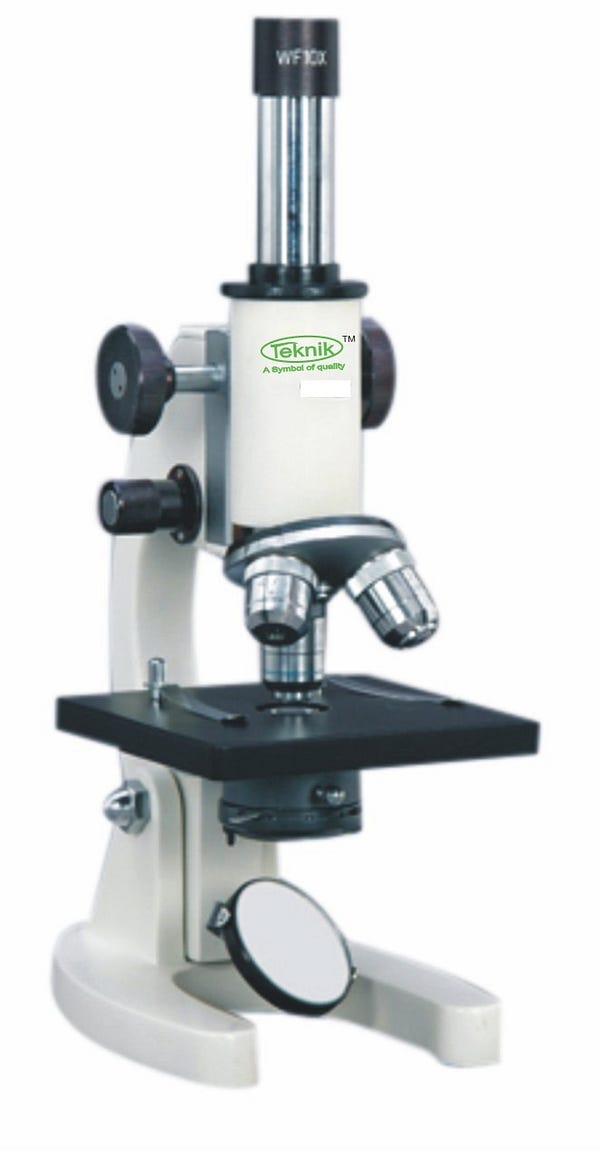

I remember being very young — maybe five or six years old — living on the ninth floor of an apartment on the outskirts of New York City. And it must have been around this time of year, the Chanukkah/Christmas season, that I received both a microscope and a telescope. This was the early 1980s, so these were both rather difficult tools to use. The microscope didn’t have its own light; it had a mirror that you had to orient just right to illuminate the slide you were looking at. It also had three levels of magnification, and if you turned the dial to use the third one, you’d crack your slide every time. As for the telescope, there isn’t a whole lot to see in the night sky when you live on the doorstep of one of the most light-polluted cities in the world. But we had a terrace that faced east, and so I’d try — when the Moon was full — to catch it rising in the early part of the night.
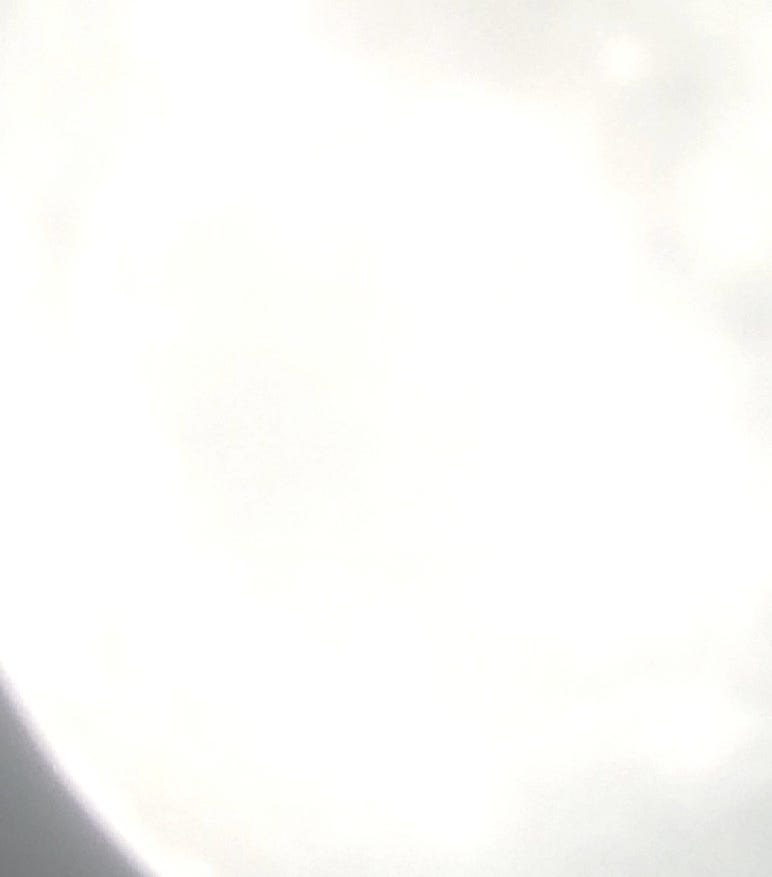
As it turned out, this was a terrible plan! While I was fascinated with the planets, with the idea of gravity and with science in general, actually looking through a telescope was a disaster for me. It wasn’t until much, much later in life that I learned that viewing the full Moon without special equipment (notably, a Moon filter) is a surefire recipe for seeing absolutely nothing of interest.
Oh well. There were plenty of other things that held my interest, including both mathematics and the science of what was going on at the smallest scale. At the time, for me, that led to an interest in biology, cells, and the most primitive forms of life.

But there were a few things that brought me back to the Universe. As Radita imagines, a beautiful night sky did have something to do with it, at least a few times. I remembered loving going camping as a little kid, and being awestruck by all the miraculous sights that were visible, including the slow-but-steady lights that were indicative of satellites flying overhead.

I remember being 11 years old, up in northern New York State for a small part of the summer, making friends with another boy my age and his older brother, and just lying on our backs in the grass, talking about everything-and-nothing and watching the vast canopy of stars overhead. For the first time, I felt like I was part of the Universe, and like I might fall away from the Earth into space if I didn’t hold on tight to the ground below.
And I remember a few years later, being on a boat and having another spectacular view of the night sky, and thinking about the possibility that the Universe was finite. How, just as if you travelled long enough in one unbroken direction on Earth, you might return to your starting point, you might return to your starting point if you took the same journey in space. And how it might even be possible that the same star or galaxy, viewed in one direction, might appear to you as well in the opposite direction, if the Universe were shaped in such a way to allow it.
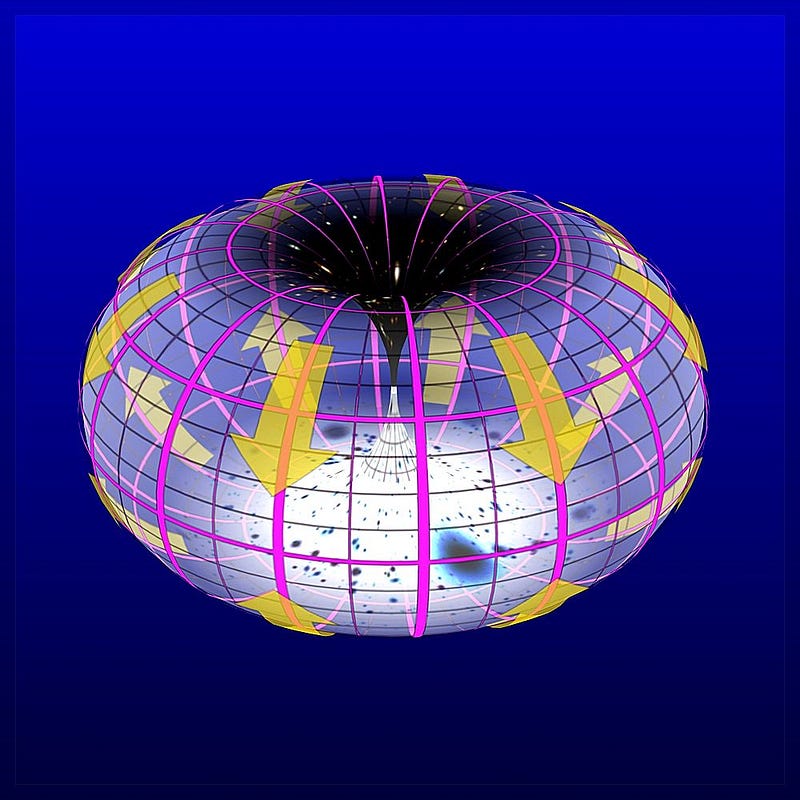
These might sound like incredibly mundane experiences to you, but to me, they’re indelible parts of my memory, and all parts of my past that brought me closer to the Universe. You’d think that this would be exactly what I’d need to — as My Little Pony so poetically puts it — get my cutie mark.
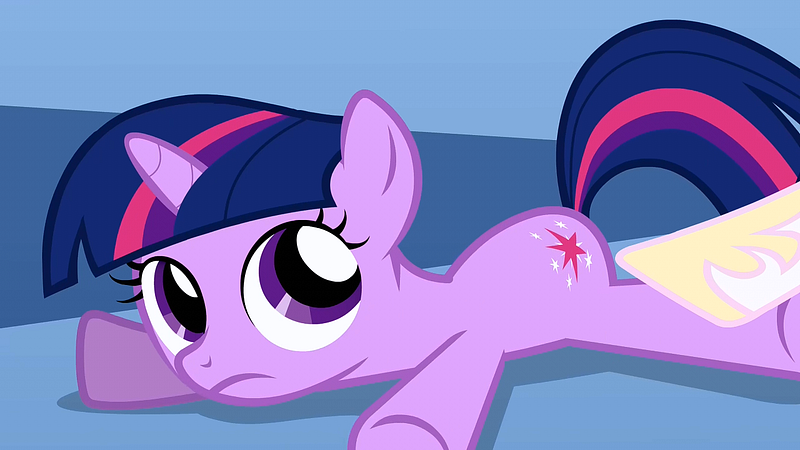
You know, as Miss Cherilee, the schoolteacher on the show, tells all the younger ponies:
“A cutie mark appears on a pony’s flank when he or she finds that certain something that makes them different from every other pony.”
But that isn’t how it works at all in real life! Not one of these ideas, moments or experiences came close to making me decide, “this is something I want to do for the rest of my life.” In fact, I’m pretty sure that anyone who tells you “I had a moment/experience that made me absolutely certain that I knew I wanted to do this for the rest of my life” is lying to you, and possibly to themselves as well.
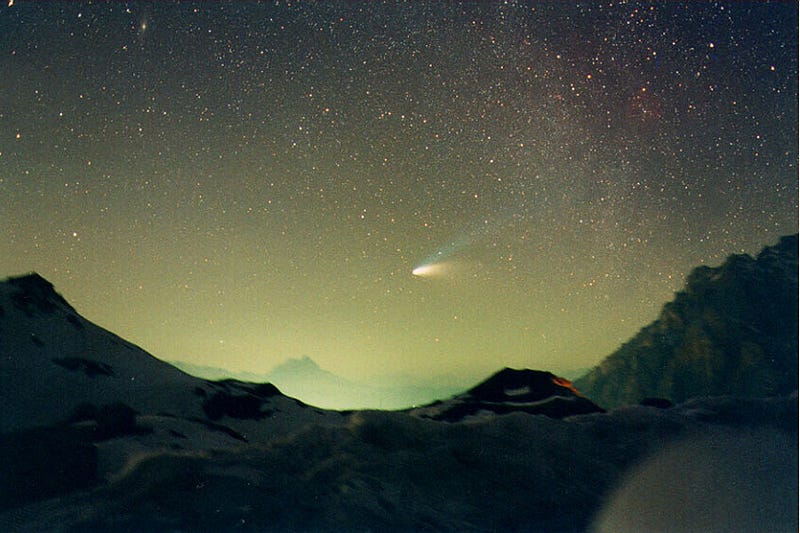
Because despite loving these things, I hated my AP Physics class in high school; I thought the teacher was dumb and I thought the subject was dumb. I thought that advanced chemistry, where we were learning about electron structures in atoms and molecules, was the most interesting science out there.
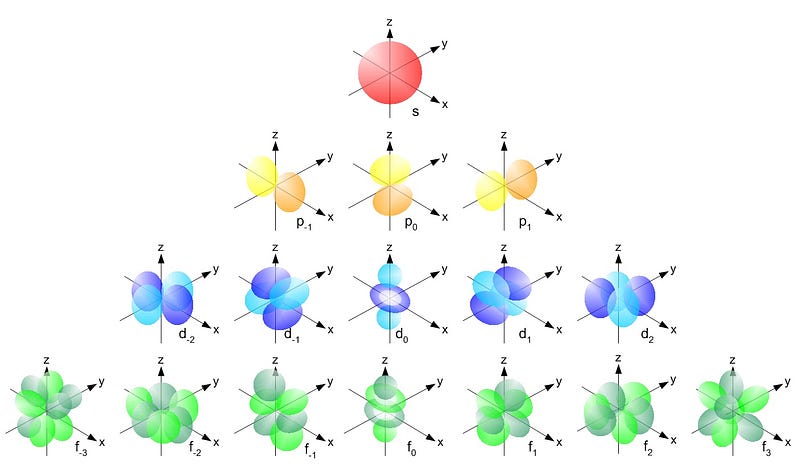
When I got to college, and I realized that cosmology — the story of where everything we recognize in the Universe came from — was an actual, physical science, I found it fascinating, and that helped rope me back in to majoring in physics. There were aspects of it that fascinated me, but there were also aspects of it that bored me terribly, and aspects I couldn’t have cared less about. There’s this romantic myth that professors often teach students that we love and are fascinated by all aspects of our field, and this simply isn’t true. We all have preferences and prejudices towards what we like and dislike, and that’s okay. It was an important lesson to learn how to respect people and fields that were outside of my own chosen interests.
Additionally, physics wasn’t the only thing I majored in, and it wasn’t the only thing I wanted to do. I majored in classics as well (ancient Greek and Roman history and languages), and didn’t know what it was I wanted to do “with the rest of my life.” So, at the suggestion of a few good friends (hi, Kelly and Andrea), I tried volunteering as a teacher, and found I quite liked it. That wound up becoming my first job after college.
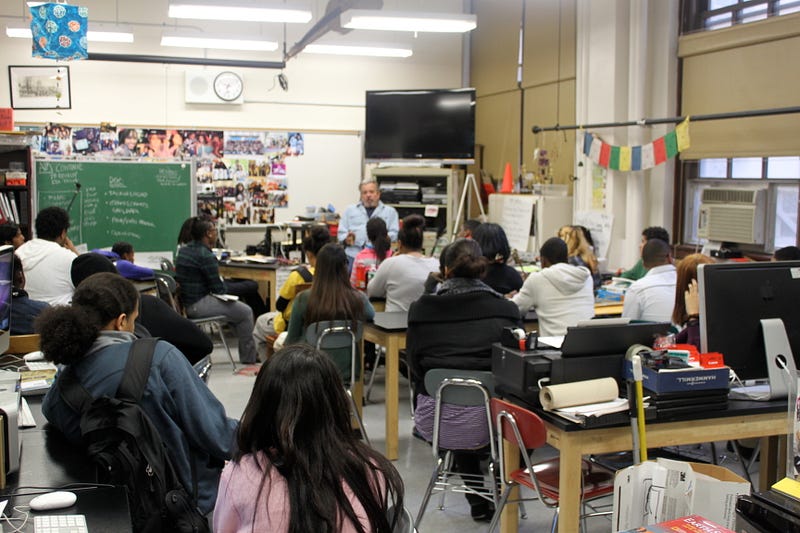
And it was while I was doing that — teaching High School (and I’m sorry to my former students, but not liking it) — that I decided what I wanted to do next. That experience, of having a job that I had figured out wasn’t what I was passionate or excited about, an experience I would never have had without simply diving in and trying it, was exactly what it took to help orient me towards what I’d rather be doing.
So I applied to graduate schools, and in particular, to graduate schools that had faculty members and programs that specialized in what I was most interested in: physical cosmology from an astrophysical perspective. I wound up getting accepted to five of the seven programs I applied to, and chose the one I thought was the best fit for me overall.
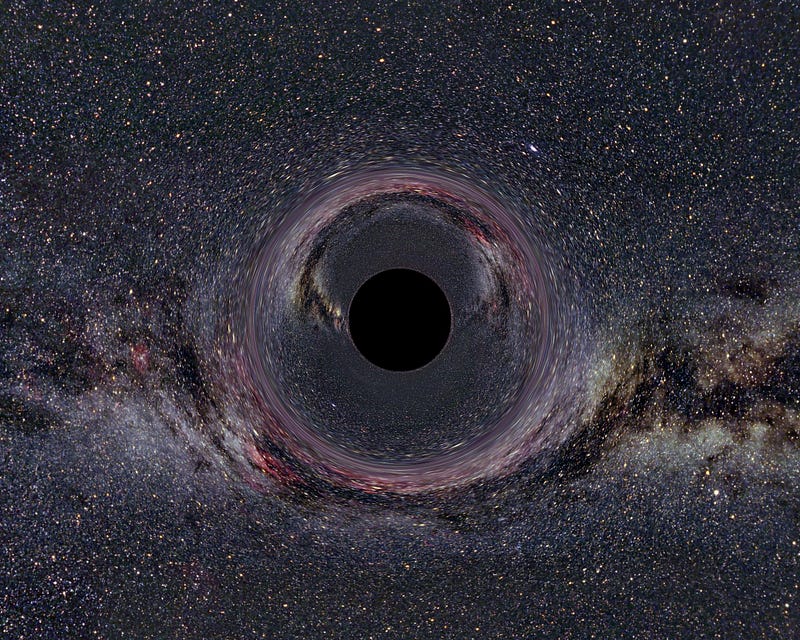
I’d love to be able to tell you that was the end of the story, but it isn’t even close. There was a lot of hard work that needed to be done and difficult skills to pick up and master along the way. At each point, they needed to be something that I was not only capable of and willing to put the work in on, but they needed to be things that I found interesting and engaging to actually do. People don’t emphasize this enough, but it isn’t enough to merely want to arrive at a destination; the passion for that won’t sustain you alone. You have to actually love the individual details of what you’re doing on a day-to-day basis, or you’ll burn out.
For all those years of graduate school, I did. I was incredibly fortunate in that regard, because the ones who didn’t were the ones who either didn’t make it to their Ph.D. degree, or — perhaps worse — stubbornly plodded through to finish, and wound up with a life they didn’t enjoy.

And yet, that wasn’t the end of my story, either. Numerous times since then, I’ve found myself in a situation where what I was doing within the field of astrophysics/cosmology wasn’t what I most wanted to be doing. In 2008, I quit my highly coveted postdoctoral research position at the University of Arizona, because it wasn’t what I wanted to be doing.
In 2011, I turned down the offer of a tenure-track position at Lewis & Clark College — a dream position for many people — because it didn’t fit in with the long-term plans I have for my life.
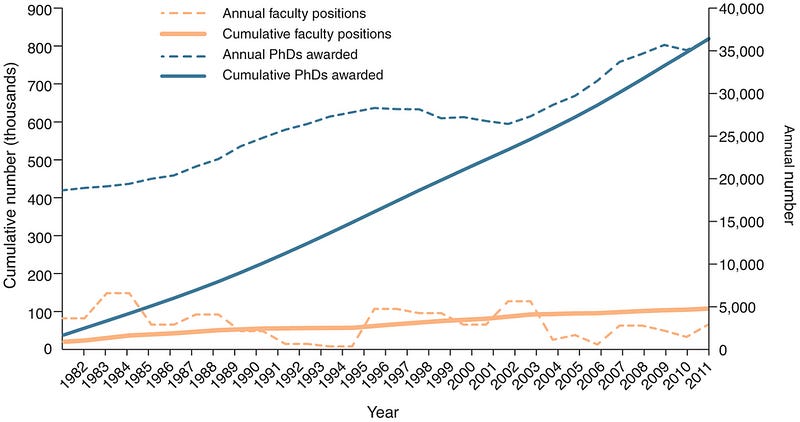
And over the past few years, I’ve moved away from research and towards outreach, because that’s where my passions seem to be taking me: towards sharing this wondrous and remarkable story of where everything in the Universe comes from with anyone who’s curious to know it. To me, learning this story is the most remarkable achievement in all of human history, and the fact that there are only a few thousand people (and perhaps even fewer) who know just where the frontiers of scientific knowledge truly take us to is a hole in this world that I’m aiming to fill.

So to answer your question honestly, Radita, there wasn’t one moment, one realization or one idea that made me say, “I want to do this for the rest of my life,” and I suppose I should be thankful for that. Instead, although I’ve certainly had my share of epiphanies, glorious times and the instantaneous “wow” feeling that rushes through you, there are constantly forces and stimuli that not only reinforce what I do, but also push me in slight course-correctional changes. While I imagine that there will always be something related to astrophysics and cosmology that I want to do next, I’m not 100% sure what that will look like.
Nevertheless, I’m hopeful that when the next unexpected opportunity arises or door opens, I’ll be willing to change my course once again, and walk through it to embrace whatever it is.

And that — for the final Ask Ethan of the year — is the most honest answer I can give you. So congratulations; you’ve got a 2015 Year In Space calendar headed your way! And thanks to all of you who participated this year, and to Steve Cariddi for enabling this remarkable giveaway. While the year is about to end, our Ask Ethan series is showing no signs of slowing down, so if you’ve got a question about the Universe, from the mundane to the magnificent, from the subatomic to superclusters, or from the individual to the all-encompassing, you can submit it here for our consideration. I’ll pick my favorite every week for our Ask Ethan column, and who knows? The next one just might be yours!
Leave your comments at the Starts With A Bang forum on Scienceblogs!





